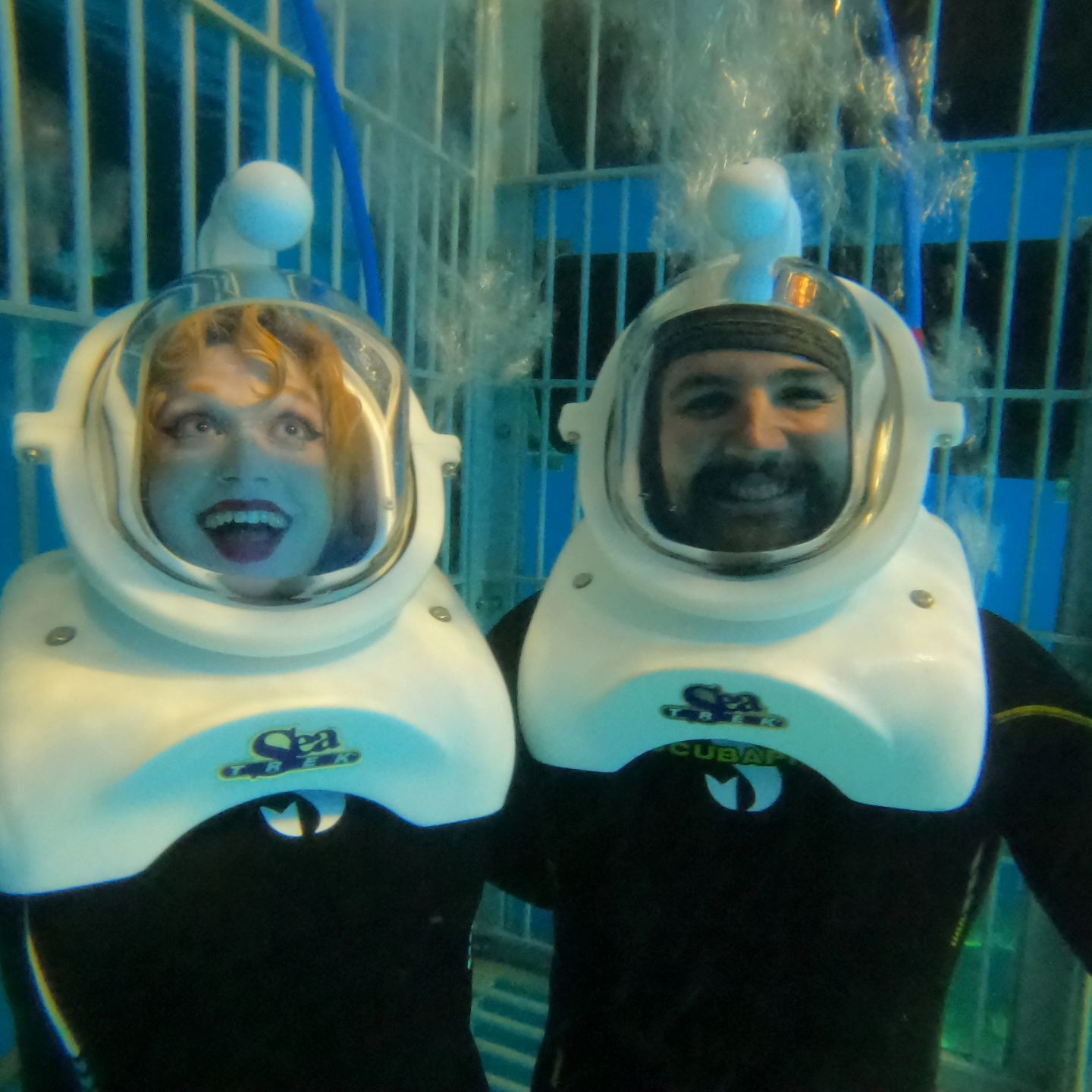- Understanding the relationship between humans and sharks, focusing on safety and educational experiences.
- Exploring the role of zoological parks and aquariums in shark conservation and education.
- Examining the biological and ecological significance of sharks in marine ecosystems.
- Discussing the challenges and opportunities in managing shark-related attractions.
- Emphasizing the importance of wildlife conservation and ethical practices in marine tourism.
Swimming with sharks is an exhilarating experience that combines education with an adrenaline rush. It is a unique encounter that bridges human curiosity with the natural world, encouraging both excitement and learning about these ancient marine animals. Understanding the dynamics of this interaction involves exploring safety, marine biology, and conservation efforts.
The relationship between humans and sharks has long been misunderstood, often shrouded in fear due to sensationalized media portrayals. However, the presence of trained professionals ensures the safe engagement in these activities. These educational experiences allow participants to observe sharks within their habitat, promoting a deeper understanding and appreciation of these creatures. This blend of experience and education plays a crucial role in altering public perception from fear to appreciation and respect.
Zoological parks and aquariums have become central to the education and conservation mission for sharks. Institutions like these contribute significantly to conservation efforts by participating in breeding programs, scientific research, and public education initiatives. They provide safe, controlled environments for the public to engage with sharks, fostering an appreciation for marine life. By integrating technology such as virtual reality and interactive exhibits, these institutions enhance the educational impact, offering insights into the behavior and ecology of sharks.
Sharks hold a pivotal position in marine ecosystems. As apex predators, they are critical in maintaining the health and balance of ocean environments. Their presence influences prey populations, which in turn supports the overall food web. A decline in shark numbers can lead to overpopulation of other species, resulting in habitat degradation. Educational programs emphasize these ecological roles and highlight the importance of preserving shark populations for the health of marine ecosystems.
Managing shark-related attractions involves addressing various challenges, including ensuring visitor safety and promoting ethical tourism. The implementation of strict safety protocols and aligning with international guidelines is vital. Attractions must balance entertainment with education, ensuring that thrill-seeking does not overshadow conservation messaging. Collaboration with marine biologists and conservationists is essential to maintain ethical standards and promote sustainable practices.
Wildlife conservation is at the heart of shark-related tourism. It advocates for the ethical treatment of marine animals and supports the sustainability of their environments. Conservation initiatives often include habitat restoration, anti-poaching efforts, and public awareness campaigns. Responsible tourism practices can generate funds that directly support these initiatives. By visiting shark attractions, tourists contribute to conservation efforts, merging leisure with the preservation of natural resources.
Engaging with sharks not only provides educational value but also contributes to the larger goal of environmental stewardship. The synergy of knowledge and experience empowers individuals to become advocates for marine conservation, ensuring the protection of ocean biodiversity for future generations. Modern marine attractions strive to blend excitement with education, fostering respect and conservation-minded attitudes among visitors. Through these efforts, humans and sharks can coexist, thriving together in a shared environment.
*****
Source Description
Hey, @sdcattractions, if anyone asks about swimming with sharks this summer, feel free to send ’em our way. 🦈
📷 : @dejablue13

